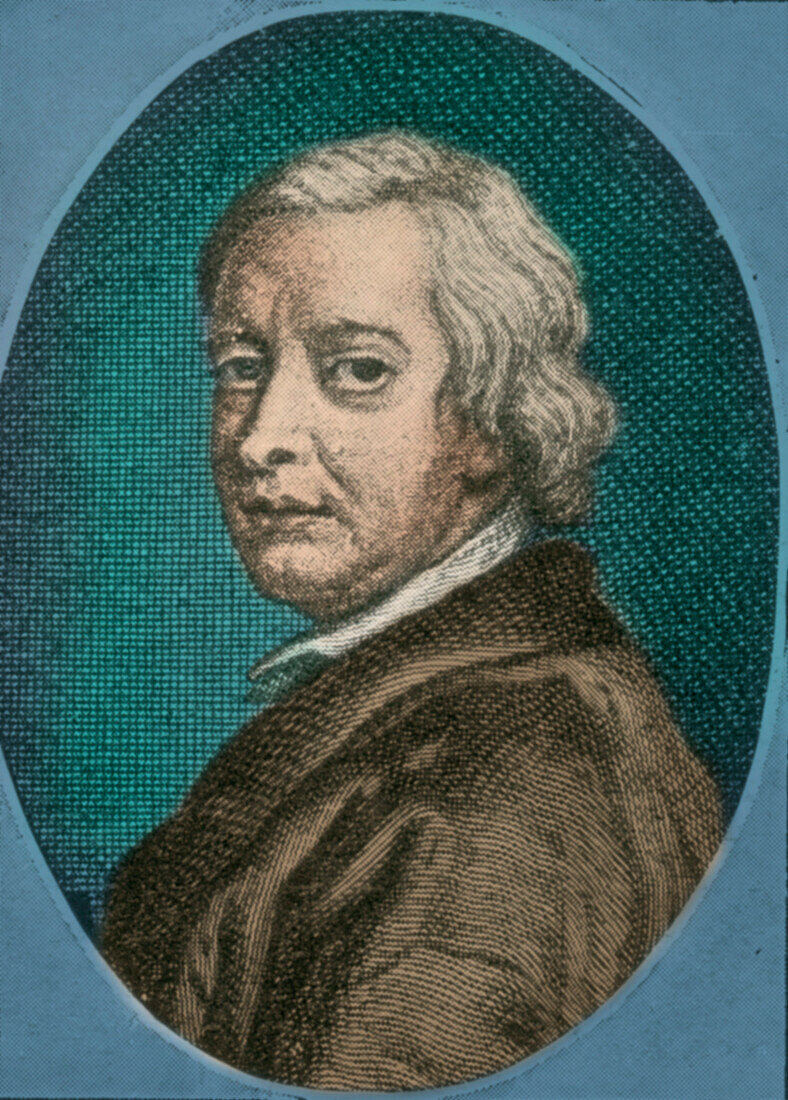John Dryden, English poet and playwright
Bildnummer 13513519

| John Dryden (August 19, 1631 - May 12, 1700) was an English poet, literary critic, translator, and playwright who was made Poet Laureate in 1668. He was the dominant literary figure and influence of his age. He established the heroic couplet as a standard form of English poetry by writing successful satires, religious pieces, fables, epigrams, compliments, prologues, and plays with it; he also introduced the alexandrine and triplet into the form. In his poems, translations, and criticism, he established a poetic diction appropriate to the heroic couplet that was a model for his contemporaries and for much of the 18th century. What Dryden achieved in his poetry was neither the emotional excitement of the early 19th century romantics nor the intellectual complexities of the metaphysicals. His subject matter was often factual, and he aimed at expressing his thoughts in the most precise and concentrated manner. During the 1660s-70s, theatrical writing was his main source of income. He led the way in Restoration comedy, his best-known work being Marriage à la Mode (1672), as well as heroic tragedy and regular tragedy, in which his greatest success was All for Love (1678). Dryden was never satisfied with his theatrical writings and frequently suggested that his talents were wasted on unworthy audiences. He died in 1700, at the age of 68, and was initially buried in St. Anne's cemetery in Soho, before being exhumed and reburied in Westminster Abbey ten days later. | |
| Lizenzart: | Lizenzpflichtig |
| Credit: | Science Photo Library / New York Public Library |
| Bildgröße: | 2699 px × 3767 px |
| Modell-Rechte: | nicht erforderlich |
| Eigentums-Rechte: | nicht erforderlich |
| Restrictions: | - |
Preise für dieses Bild ab 15 €
Universitäten & Organisationen
(Informationsmaterial Digital, Informationsmaterial Print, Lehrmaterial Digital etc.)
ab 15 €
Redaktionell
(Bücher, Bücher: Sach- und Fachliteratur, Digitale Medien (redaktionell) etc.)
ab 30 €
Werbung
(Anzeigen, Aussenwerbung, Digitale Medien, Fernsehwerbung, Karten, Werbemittel, Zeitschriften etc.)
ab 55 €
Handelsprodukte
(bedruckte Textilie, Kalender, Postkarte, Grußkarte, Verpackung etc.)
ab 75 €
Pauschalpreise
Rechtepakete für die unbeschränkte Bildnutzung in Print oder Online
ab 495 €
